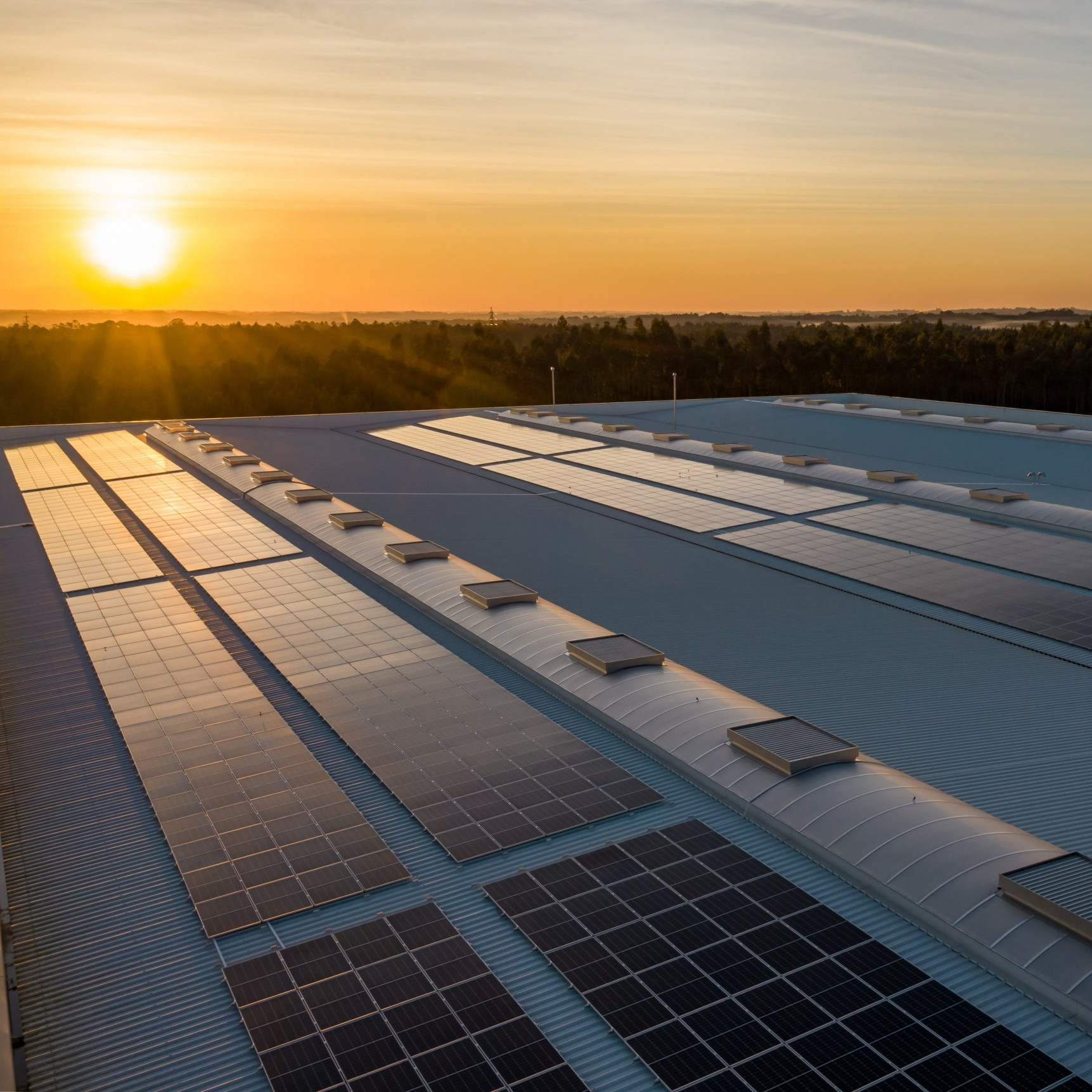The webinar takes place on Tuesday at 16:00 CET on Zoom and has a duration of 60 minutes, with questions at the end.
https://sites.google.com/view/seminarsweeet/home
Abstract:
This article focuses on the economic and biotechnical consequences of changes in the legal maximum residue limits for pesticides (here chlordecone)on meat production. We model the concentration of this persistent pollutant in livestock meat in the French West Indies and analyse the link between soil pollution, animal contamination and food production. We compute the time required to decontaminate the animals and analyse if it is possible to respect both the health constraints and the current livestock management schedule. We also compute the cost for farmers to adapt to the new regulation and to more stringent health-related targets that are expected in the future.
Co-écrit avec Samuel Siewers (U. Göttingen), and Leila Baghdadi (U. Tunis)
with Angela Bergantino and Mario Intini.
with Charles Palmer and Lorenzo Sileci
with Philipp Schrauth.
with Kenneth Gillingham and Arthur A. van Benthem
with Nina Hestermann and Yves Le Yaouanq.
 Veuillez patienter ...
Veuillez patienter ...